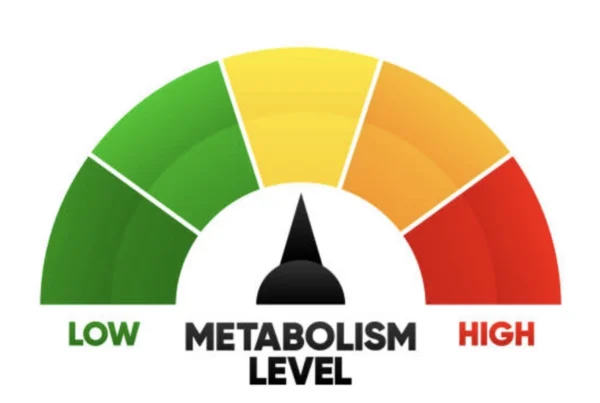Colon cancer is one of the most common cancers worldwide. Over 2,700 people are newly diagnosed with this condition every year in Los Angeles. Also known as colorectal cancer, colon cancer develops in the large intestine or rectum. It often begins as benign polyps—small clumps of cells—that can grow and turn cancerous over time. While anyone can develop it, certain factors, like age, family history, and lifestyle, can increase your risk. We’ll talk about those risk factors and how to stay safe in due time.
The good news is that colon cancer is highly treatable when caught early. It’s all down to your ability to recognize the warning signs before it’s too late.
So, let’s discuss how to identify early signs and where to get help in Los Angeles.
Early Warning Signs You Shouldn’t Ignore
1. Blood in the Stool or Rectal Bleeding
Seeing blood in your stool can be alarming, but it’s a common symptom of colon cancer. The blood may appear bright red or dark, making the stool look tar-like. If this is the case, there’s a higher chance you’re suffering from this condition. You can seek colon cancer treatment in Los Angeles at Hyperthermia Cancer Institute, so ensure you get checked ASAP as that will impact the treatment results.
2. Persistent Changes in Bowel Habits
Have you noticed frequent diarrhea, constipation, or a sudden change in the consistency of your stool? Many things can cause diarrhea and constipation, but if these issues last more than a few weeks and are consistent, it’s worth discussing with your doctor as quickly as possible.
3. Abdominal Discomfort or Pain
Unexplained cramping, gas, or pain in your abdomen that doesn’t go away could indicate an issue in your colon. Again, this will not always be the case as abdominal pain may result from a host of underlying conditions. At any rate, it’s important to get checked when your stomach discomfort is worrisome.
4. Unexplained Weight Loss
Losing weight without trying is always a red flag. Colon cancer can cause a loss of appetite and interfere with your body’s ability to absorb nutrients, leading to noticeable weight loss. However, it’s important to note that other conditions like thyroid disorders can also result in unexplained weight changes. If you’re losing weight rapidly without making any lifestyle changes, it’s essential to consult your doctor.
5. Fatigue and Weakness
Feeling unusually tired or weak, even after a good night’s sleep, can be a symptom of anemia caused by internal bleeding in the colon. This kind of fatigue is persistent and often paired with lightheadedness or shortness of breath. While cancer can be a culprit, other factors, such as hormonal imbalances or chronic conditions like diabetes, may also play a role. Whatever the case, it’s worth getting checked.
Preventive Measures You Can Take
Age, family history, and chronic conditions like Inflammatory bowel diseases like Crohn’s or ulcerative colitis can increase your risk. The good news is that there are steps you can take to reduce those risks:
- Routine Screenings: Regular screenings, such as colonoscopies, are the most effective way to catch this condition in its early stages. Based on your risk factors, talk to your doctor about when to start and how often to screen.
- Adopt a Healthy Diet: A diet rich in fruits, vegetables, whole grains, and lean proteins can help protect your colon. Limit your intake of red and processed meats, which have been linked to a higher risk.
- Stay Active: Regular exercise helps you maintain a healthy weight, reduces inflammation, and improves overall colon health.
- Avoid Smoking and Excessive Alcohol: Smoking and heavy drinking are known to increase your risk of many cancers, including colon cancer. Quitting these habits can significantly improve your overall health.
- Know Your Family History: If colon cancer runs in your family, share this information with your doctor. You may need earlier or more frequent screenings.
Don’t Wait to Take Action
Early detection saves lives—it’s as simple as that. When colon cancer is caught early, the survival rate is significantly higher. Unfortunately, many people wait too long to seek medical advice, either because they downplay their symptoms or fear the diagnostic process.
Routine screenings like colonoscopies are essential, especially if you’re over 45 or have risk factors such as a family history, obesity, or a diet high in red and processed meats. A colonoscopy not only detects cancer but can also remove polyps before they become cancerous.
Wrapping Up
Your health is worth it, and it starts with paying attention to the signs your body is sending you. Don’t wait—act now to protect your future. Whether it’s by adjusting your diet, committing to regular exercise, or scheduling that long-overdue colonoscopy, every step you take makes a difference. By staying informed and taking action, you can significantly reduce your risk and enjoy a healthier, more vibrant life.







